The Trump Administration said Monday it wants to be able to enforce an expected settlement in a federal lawsuit in North Carolina accusing neighboring research universities of conspiring to depress wages for medical professionals.
The U.S. Justice Department said in a court filing Monday that it should be allowed to join the pending settlement to enforce federal antitrust laws barring anti-competitive agreements. The judge hearing the case set Monday as a new deadline for lawyers for Duke University and former Duke physician Dr. Danielle Seaman to file their preliminary settlement.
About 5,500 faculty at Duke and the University of North Carolina in Chapel Hill who taught since 2012 are covered by the former radiology professor’s class-action lawsuit. It alleges that the universities illegally agreed against hiring medical professors away from each other.
The proposed settlement would require Duke University to adopt notification and compliance measures that would prevent it from entering similar anticompetitive agreements, the Justice Department said in a statement.
“Dr. Seaman’s class action challenged alleged anticompetitive conduct occurring at the intersection of two important sectors of the U.S. economy: healthcare and higher education,” Assistant U.S. Attorney General Makan Delrahim said in a statement. It said the Justice Department’s antitrust division “will use all of its enforcement and advocacy tools to ensure that labor markets across the economy are free from anticompetitive conduct” and that workers benefit from “robust competition.”
Duke and UNC have denied that top administrators had a deal not to hire away staff for similar roles, but allowing doctors and nurses to move for promotions.
Duke denies all allegations of wrongdoing in the lawsuit, but the university decided to settle to avoid the cost and trouble of prolonged litigation, university spokesman Michael Schoenfeld said in a statement.
“The university is and has been committed to complying with all relevant laws in recruiting the most talented physicians, scientists and scholars. Our agreement with plaintiffs and the Department of Justice to implement certain compliance measures affirms that commitment,” Schoenfeld said.
UNC declined to comment Monday, spokeswoman Joanne Peters Denny said.
UNC was dropped as a defendant after the public university’s hospital, medical school and administrators agreed in a settlement to provide documents Seaman’s lawyers could use in their case against Duke, a private school about 10 miles away.
Seaman’s lawyers made the deal in part because UNC, as a public institution, could invoke constitutional limits on federal lawsuits against states. UNC agreed in its settlement last year that though it wouldn’t pay any money it would not to participate in any unlawful restraints on competition.
Evidence produced in the case showed the heads of the two medical schools discussed the agreement not to poach each other’s medical professors at two meetings in 2004, but the agreement may have dated to the 1990s, Seaman’s attorneys said. A statistical analysis estimated the conspiracy shaved about 8 percent off the earnings of Duke physicians, Seaman lawyer Dean Harvey said at a hearing last year.
The case springs from Seaman’s thwarted effort to move from her position at Duke to a similar job at UNC.
“I agree that you would be a great fit for our cardiothoracic imaging division. Unfortunately, I just received confirmation today from the Dean’s office that lateral moves of faculty between Duke and UNC are not permitted. There is reasoning for this ‘guideline’ which was agreed upon between the deans of UNC and Duke a few years back. I hope you understand,” UNC cardiothoracic imaging chief Dr. Paul Molina wrote in a 2015 email.
Disappointed, Seaman wrote that “there are only two academic centers in this area where I could work, and I am already at one of them.”
Molina then said the agreement was reached to reduce competition and costs after a previous effort by Duke to recruit UNC faculty.

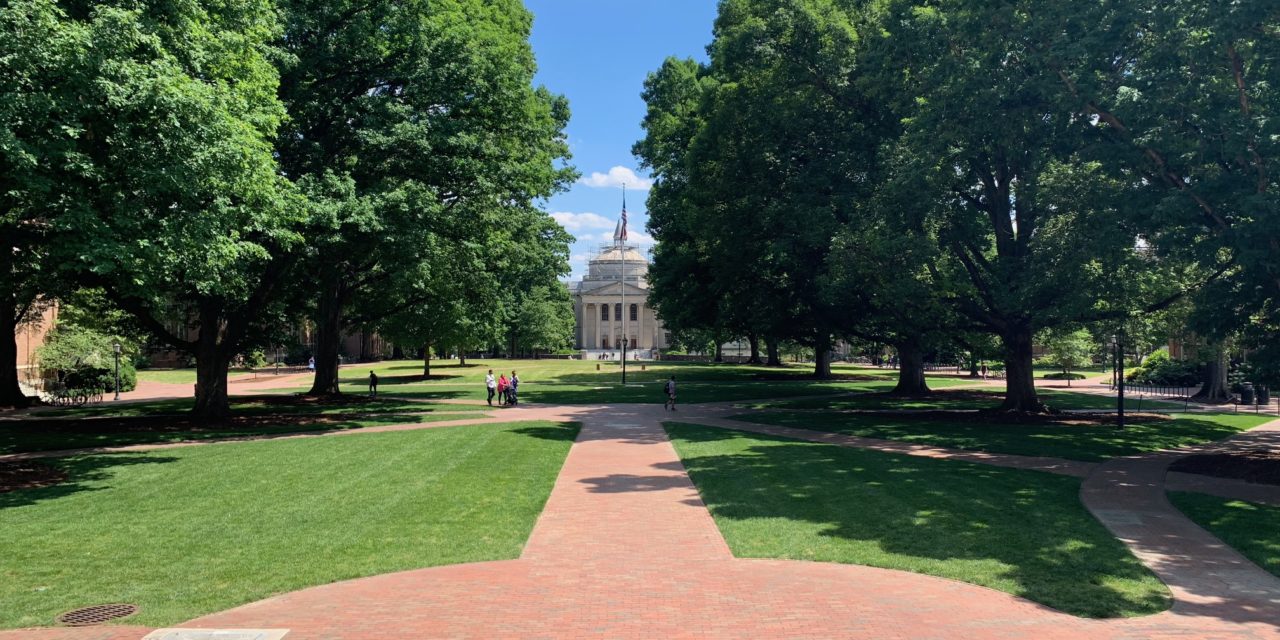
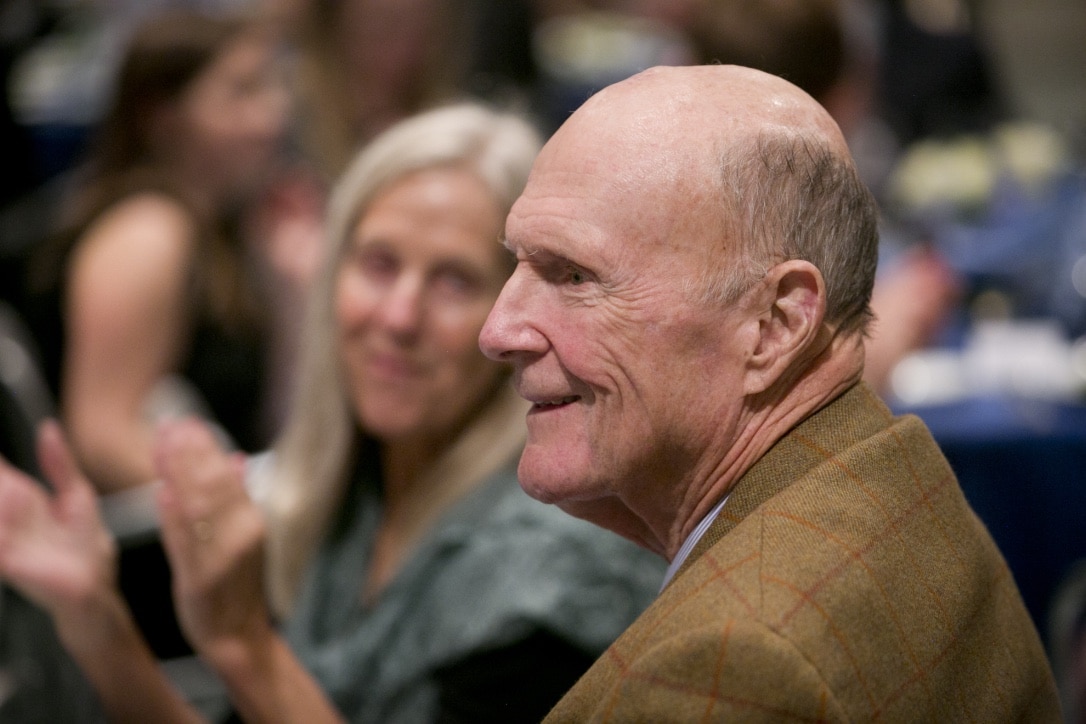
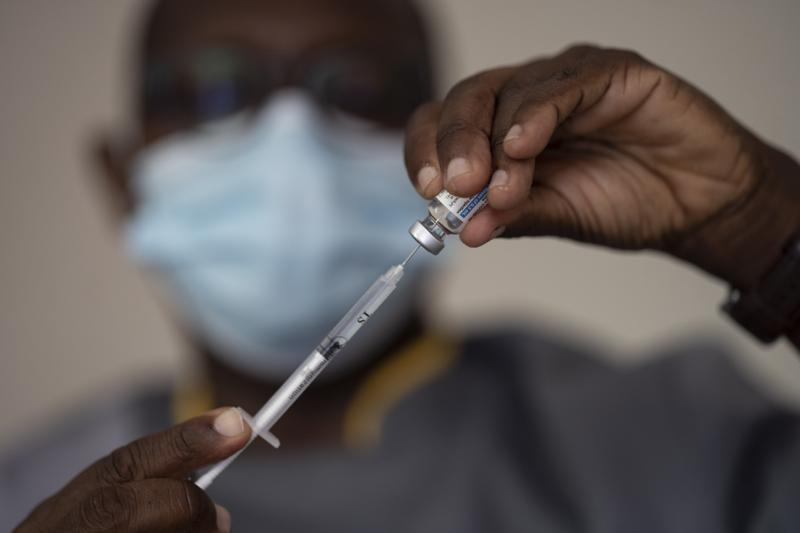
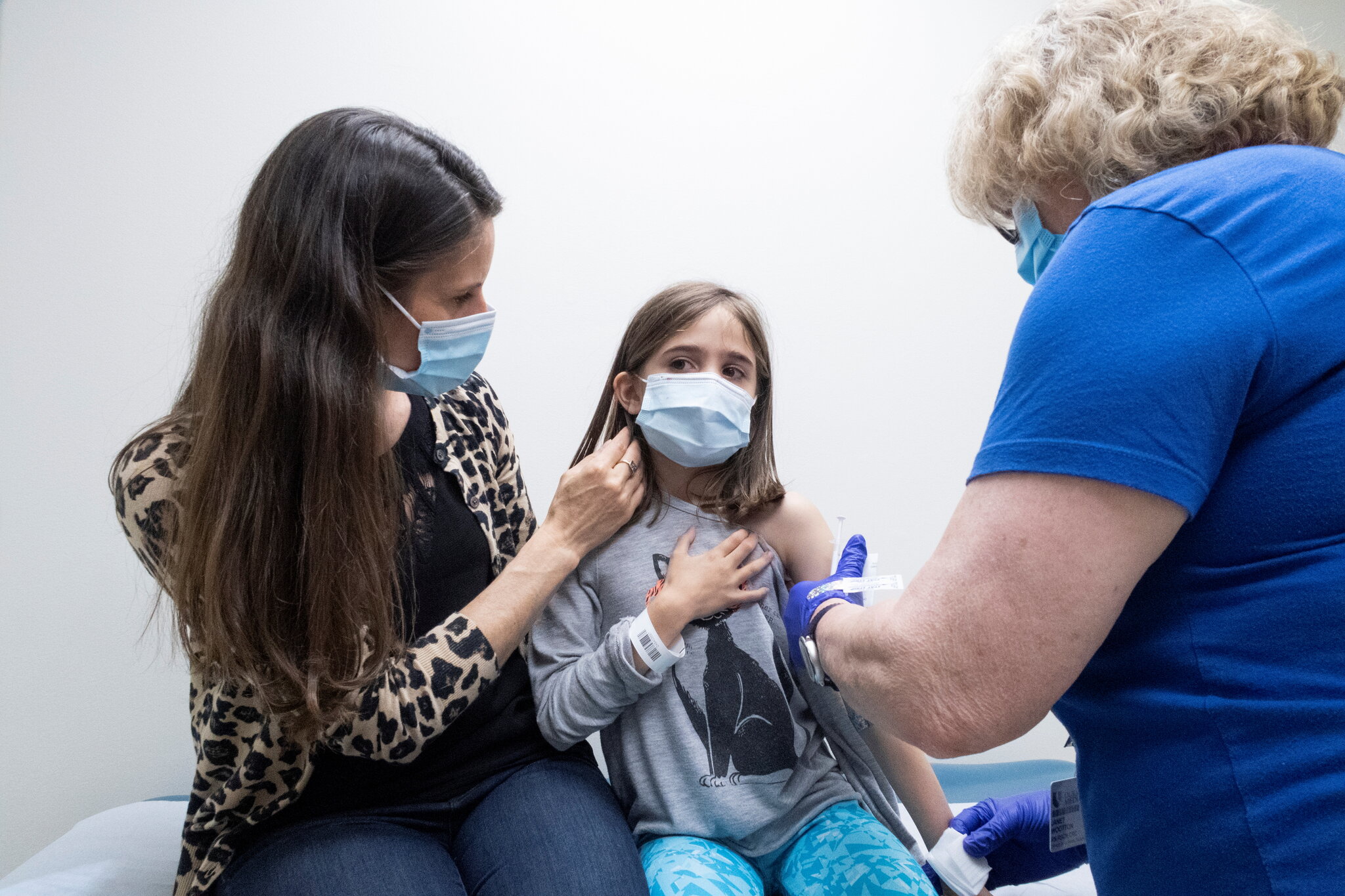
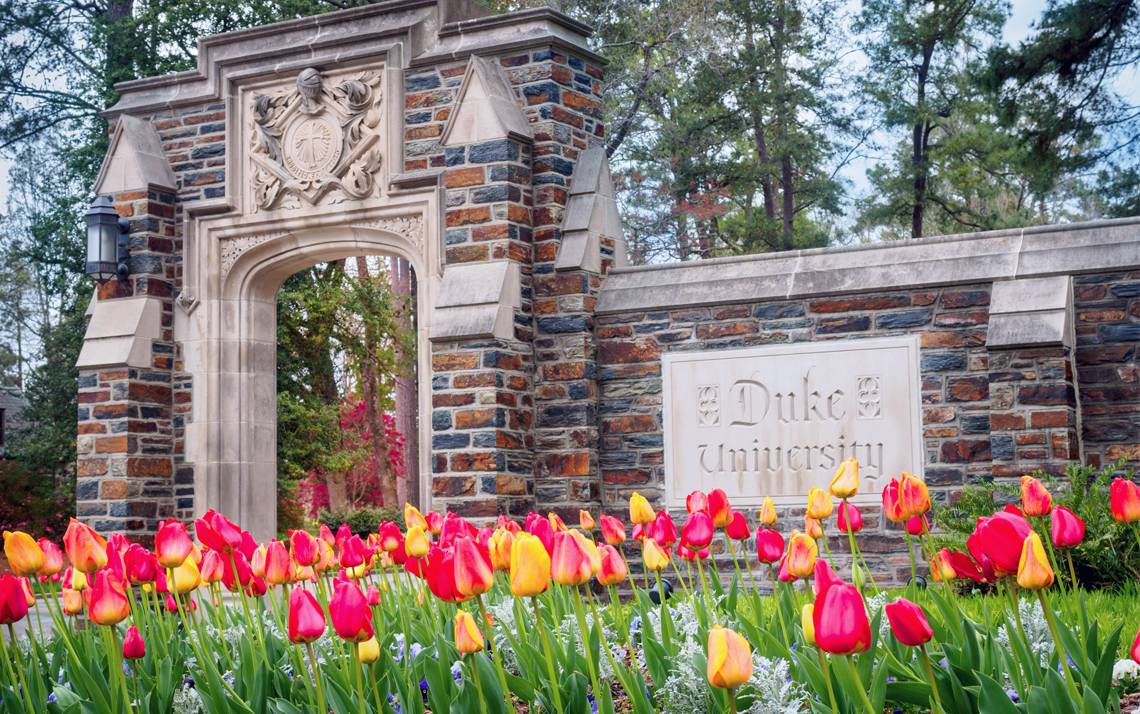

Comments on Chapelboro are moderated according to our Community Guidelines